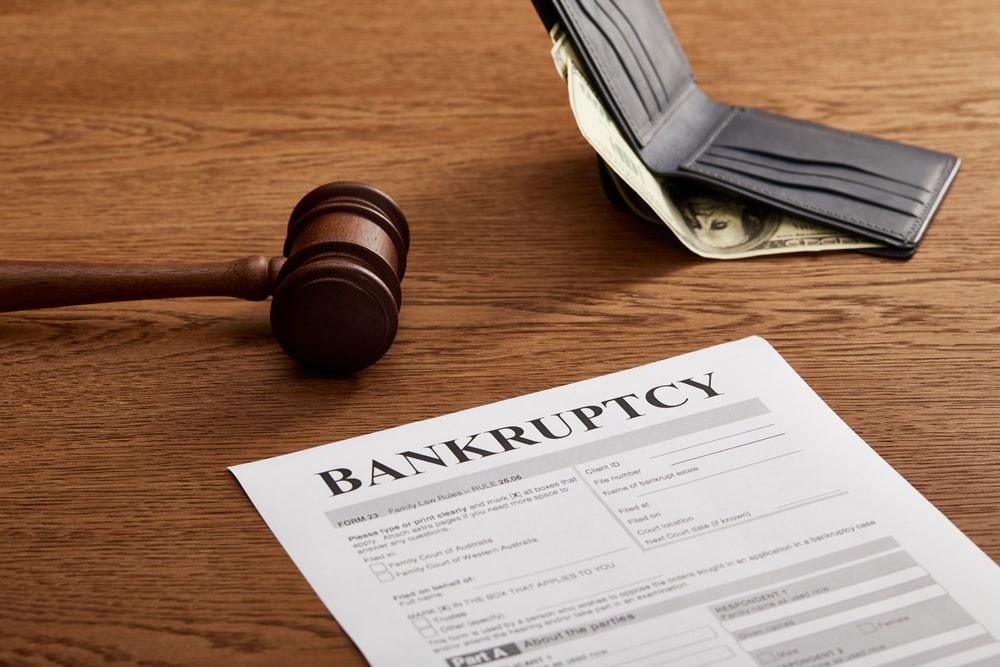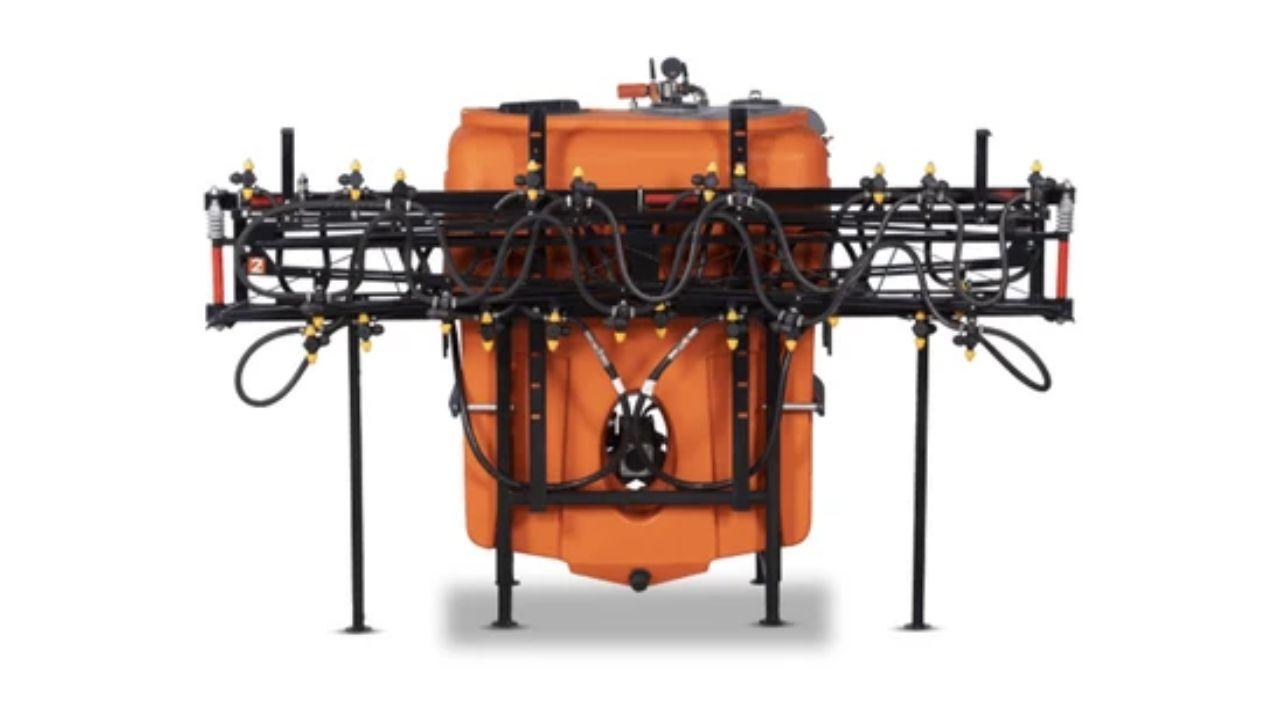Why You Need an Attorney for Bankruptcy Chapter 7 Cases

Dealing with overwhelming debt is one of the most stressful experiences in life. Collection calls, mounting bills, and legal threats can make it feel like there’s no way out. But for many, Chapter 7 bankruptcy offers a legal and effective solution to wipe out unsecured debts and get a fresh financial start. However, to ensure the process goes smoothly and your rights are fully protected, hiring an experienced attorney for bankruptcy Chapter 7 is critical.
What Is Chapter 7 Bankruptcy?
Chapter 7 bankruptcy is a federal legal process that allows individuals (and some businesses) to eliminate certain debts they can no longer afford to pay. It's often referred to as a “iquidation bankruptcy, though most filers don’t lose their personal property because of legal exemptions.
Debts That Can Be Discharged:
-
Credit card debt
-
Medical bills
-
Payday loans
-
Past-due utility bills
-
Personal loans
-
Some old judgments and repossessions
Debts That Cannot Be Discharged:
-
Student loans (in most cases)
-
Child support and alimony
-
Recent taxes
-
Court fines or restitution
-
Debts from fraud or intentional harm
Once the case is filed, a court-ordered automatic stay goes into effect, immediately stopping wage garnishments, foreclosures, lawsuits, and debt collection efforts.
What Does a Chapter 7 Bankruptcy Attorney Do?
Many people assume bankruptcy is just about filling out forms — but it’s a detailed legal process with long-term consequences. A skilled attorney for bankruptcy Chapter 7 provides essential legal services that protect you and help you succeed.
✅ Evaluates Your Eligibility
To file Chapter 7, you must pass the means test, which compares your income to your state’s median level. An attorney helps you calculate this properly and determine if Chapter 7 or Chapter 13 is a better fit.
✅ Protects Your Assets
Every state has its own exemption laws, which determine what property you can keep. Your attorney ensures your home, car, retirement accounts, and personal belongings are protected whenever possible.
✅ Prepares and Files All Legal Documents
Bankruptcy involves over 50 pages of detailed financial disclosures, and errors can lead to dismissal. Your attorney completes, reviews, and files all forms accurately and on time.
✅ Guides You Through Hearings
All Chapter 7 filers must attend a 341 meeting of creditors, where a trustee reviews the case. Your attorney attends with you, prepares you for questions, and handles any objections or follow-ups.
✅ Enforces Your Rights
If creditors continue to contact you or try to collect, your attorney can take legal action to enforce the automatic stay and seek penalties for violations.
Why Legal Representation Matters in Chapter 7 Cases
While it’s legal to file bankruptcy without an attorney (“pro se”), studies show that people who use legal counsel are far more likely to have their debts successfully discharged.
Here’s why hiring a professional makes a real difference:
🔹 Avoiding Costly Mistakes
Errors in your filing can delay your case, cause you to lose property, or even lead to fraud allegations. A qualified attorney prevents these issues before they happen.
🔹 Maximizing Exemptions
Exemptions are complicated. Without legal advice, you may claim the wrong ones or miss them altogether — resulting in lost property or denied discharges.
🔹 Understanding Complex Cases
If you’re self-employed, own a home with equity, have co-signed loans, or recently transferred assets, your case could raise red flags. An attorney builds a strategy that protects you from unintended consequences.
Step-by-Step: Working with a Bankruptcy Chapter 7 Attorney
-
Free Initial Consultation
The attorney will review your financial situation and help you decide if bankruptcy is the right move. -
Gathering Documents
You’ll provide pay stubs, tax returns, bills, bank statements, and other financial records. Your attorney uses these to complete your petition. -
Filing the Petition
Your attorney files your paperwork with the federal bankruptcy court. This triggers the automatic stay. -
Attending the 341 Meeting
You’ll attend a brief hearing (usually 5–10 minutes) with your attorney to answer basic questions under oath. -
Receiving Your Discharge
After about 90–120 days, if everything is in order, the court discharges your qualifying debts — and your attorney will confirm your case is closed.
Questions to Ask When Hiring a Chapter 7 Bankruptcy Attorney
Not all attorneys offer the same experience, communication, or fee structure. When looking for representation, ask:
-
Do you focus primarily on bankruptcy cases?
Specialization matters — you want someone who files these regularly. -
How many Chapter 7 cases have you handled?
Experience with similar cases helps avoid surprises. -
What are your fees, and do you offer payment plans?
Reputable attorneys are upfront about costs and may allow installments. -
Will you handle my case personally or assign it to staff?
Know who you’ll be working with throughout the process.
Life After Chapter 7 Bankruptcy
The goal of Chapter 7 is to give you a fresh start — and it does. Once debts are discharged, you’re no longer legally responsible for them. Most people begin to rebuild their credit within 12–18 months.
Your bankruptcy attorney may also help you:
-
Develop a new budget
-
Understand secured credit cards or credit builder loans
-
Monitor your credit reports
-
Protect new income and assets
The process isn’t just about eliminating the past — it’s about creating a stable financial future.







